320 AD Constantine and the Foundations of the Byzantine Church
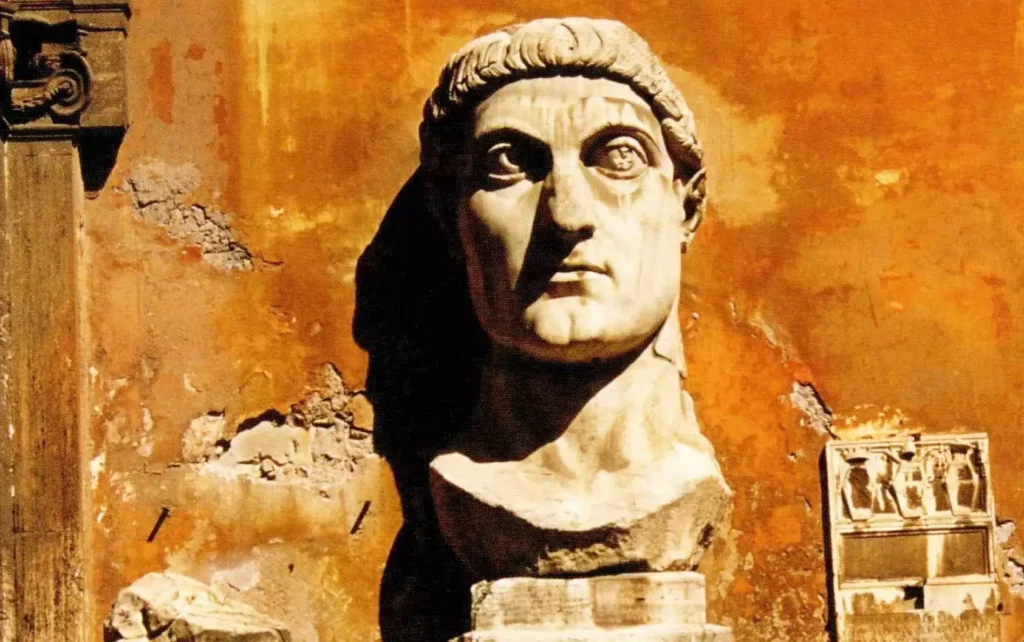
The conversion of Constantine after his victorious vision of the cross marked a pivotal moment for Christianity. His patronage brought the faith into the social mainstream and laid the foundations of the Byzantine Church. The ‘Publication’ of Christian Scripture The emergence of the codex, or modern book form, played a pivotal role in the spread […]
330 AD How Constantine’s Constantinople Shaped History
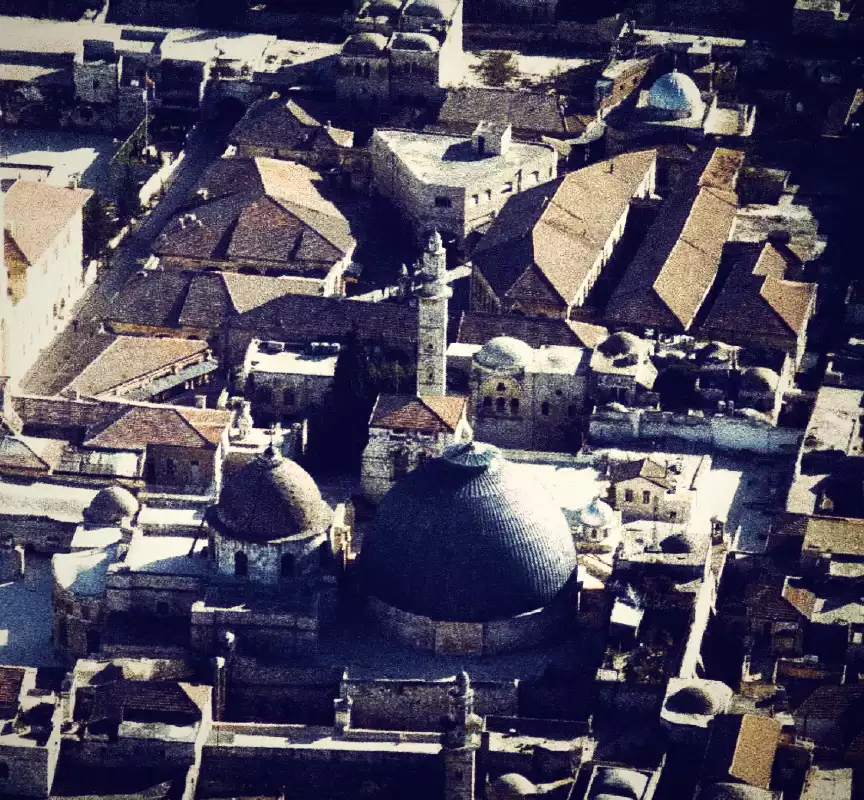
In 324 CE, the Roman emperor Constantine defeated his rival Licinius to become sole ruler of the Roman empire. Shortly after, he made a decision that would change the course of history – founding a new imperial capital on the site of the ancient city of Byzantium. Christened Constantinople in 330 CE, this “New Rome” […]
799 AD The Shocking Carolingian Renaissance That Shaped Europe
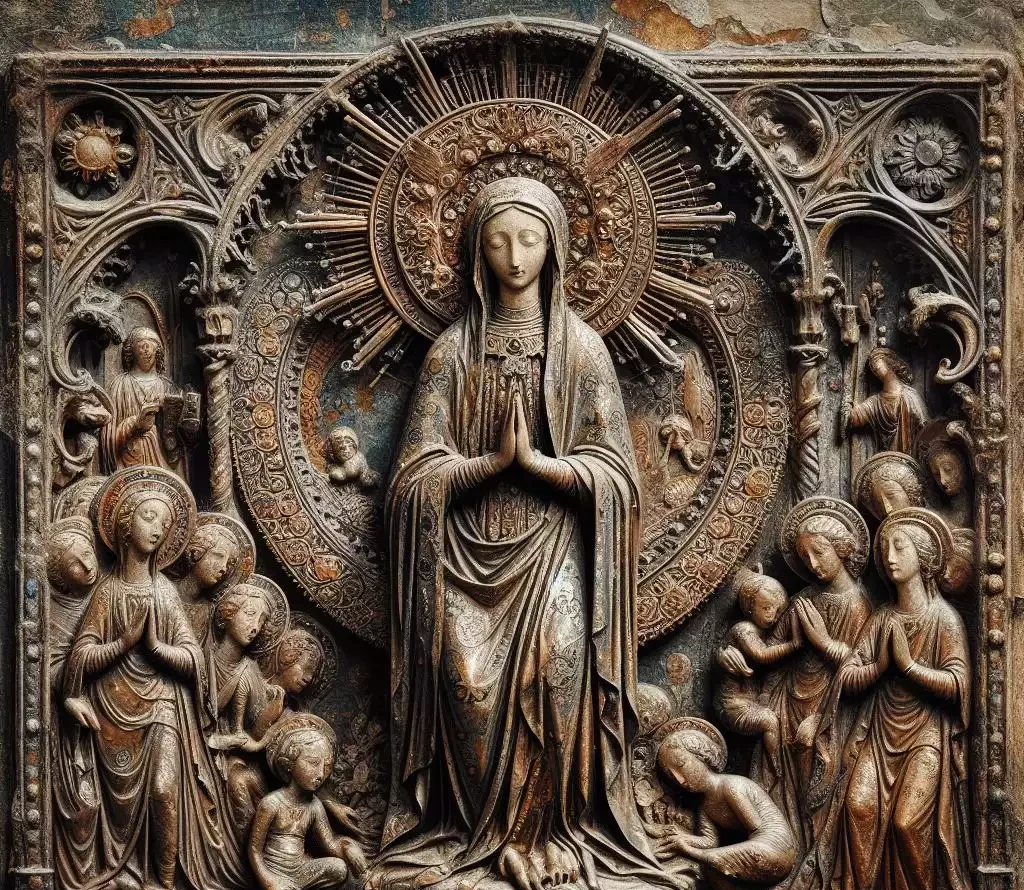
In 799 AD, Charlemagne ushered in a period of cultural and intellectual flourishing known as the Carolingian Renaissance. This unexpected “rebirth” had profound implications, sparking religious reforms, promoting education, and helping to standardize Latin across Europe. The Carolingian Renaissance laid crucial groundwork that would shape Western civilization for centuries. Spark That Lit the Carolingian Renaissance […]
306 AD The Miraculous Conversion That Christianized Armenia, Armenian-christianity
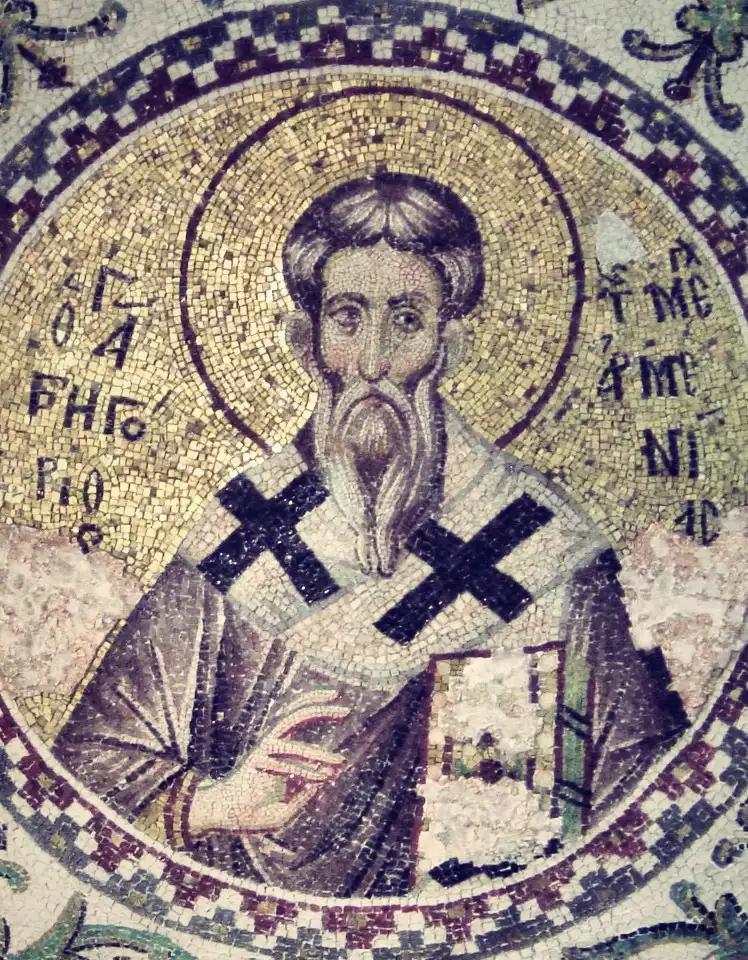
In 306 AD, Saint Gregory the Illuminator played a pivotal role in the conversion of Armenia to Christianity. As the first country in the world to adopt Christianity as its state religion, Armenia’s Christianization marked a major turning point in history. Saint Gregory brought the light of Christ to the Armenian people through his tireless […]
314 AD Arles Synod: Unveiling Historical Truths
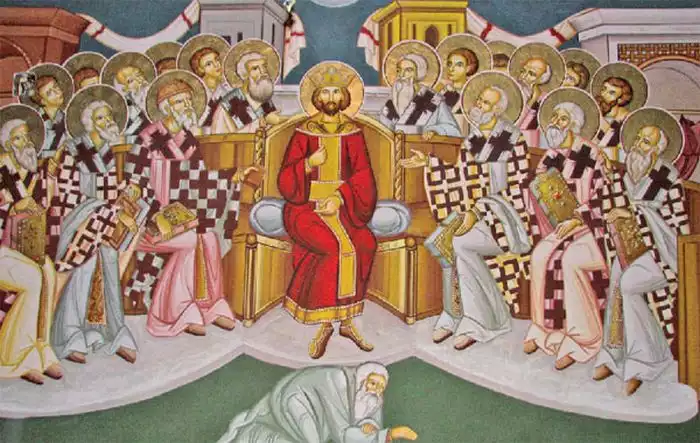
In the pivotal year of 314 AD, a significant ecclesiastical gathering, the Arles Synod, decisively branded Donatism as schismatic. This momentous event unfolded in the wake of the Diocletian Persecution, casting a profound shadow on the early Christian Church. Donatism, emerging from the fervent religious landscape of North Africa, challenged the fabric of ecclesiastical unity, […]
381 AD The Nestorian Controversy Unveiled
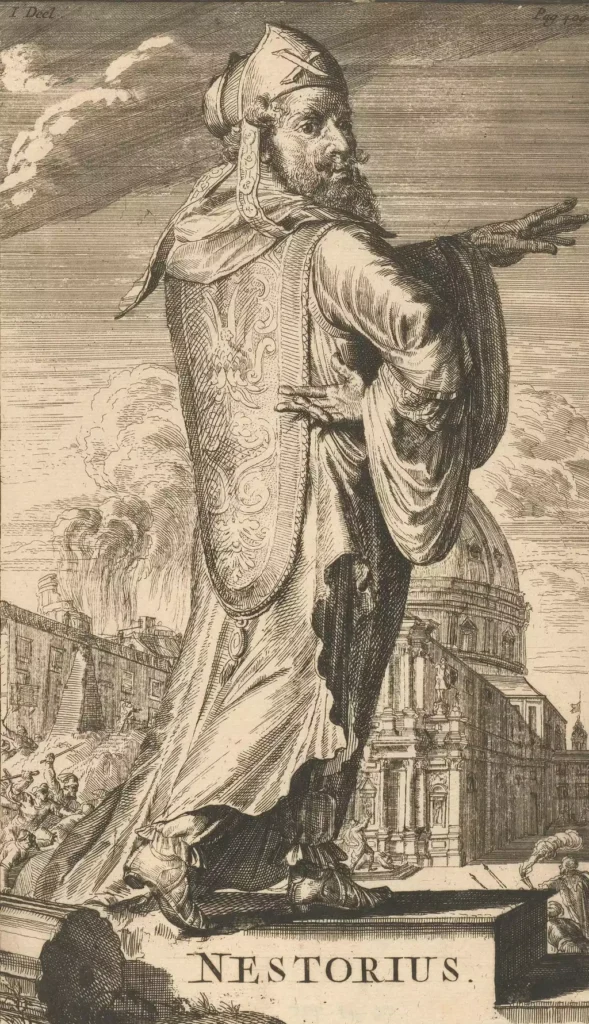
In 381 AD, the theological landscape of Constantinople was forever altered by the ascension of Nestorius to the patriarchate. Nestorius, a figure shrouded in doctrinal controversy, provocatively emphasized a stark disunion between the divine and human natures of Christ. This period marked not only a significant epoch in religious discourse but also a tumultuous chapter […]
300 AD The Legal Status of Christianity in the Roman Empire
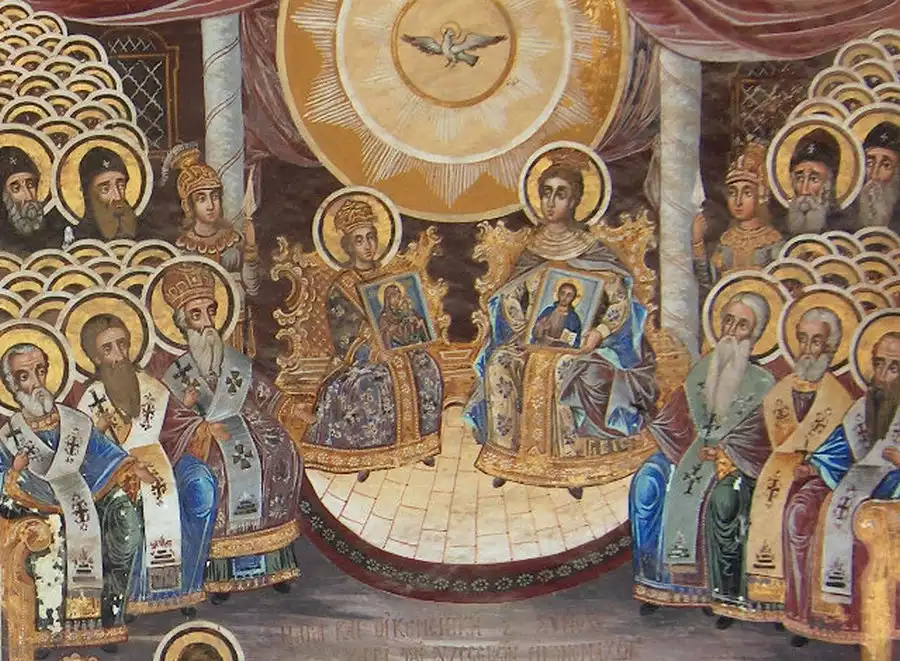
The legal status of Christianity in the Roman Empire during the first three centuries AD is complex. While there was no specific law targeting Christians, persecutions began in the apostolic era under Nero and continued intermittently until the early 4th century. Initially viewed as a Jewish sect, Christians were exempt from requirements to participate in […]
110 AD Ignatius of Antioch coins term “Catholic” meaning Universal Church
In the pivotal year of 110 AD, a momentous term was articulated by Bishop Ignatius of Antioch that would indelibly shape the Christian lexicon: ‘catholic’. Derived from the Greek word ‘Καθολική’ (katholikē), it elegantly fuses ‘κατά’ (kata, ‘about’) and ‘ὅλος’ (holos, ‘whole’) to signify ‘universal’ or ‘concerning the whole’. This linguistic gem encapsulates the essence of inclusivity and totality, a concept that Ignatius fervently embraced and propagated. Born around 35 AD and embracing martyrdom in 108 AD, Ignatius stands as a monumental figure in early Christian history. His profound ideation of a church that transcends geographical and cultural confines, serving as a spiritual haven for all, marked a significant evolution in the Church’s understanding of itself. Through his teachings and writings, particularly during his journey to martyrdom, Ignatius of Antioch championed a vision of the Church as a universal entity, a community unbounded by earthly divisions, united in faith and purpose.
303 AD Emperor Diocletian begins Great Persecution, destroys churches, burns Scriptures
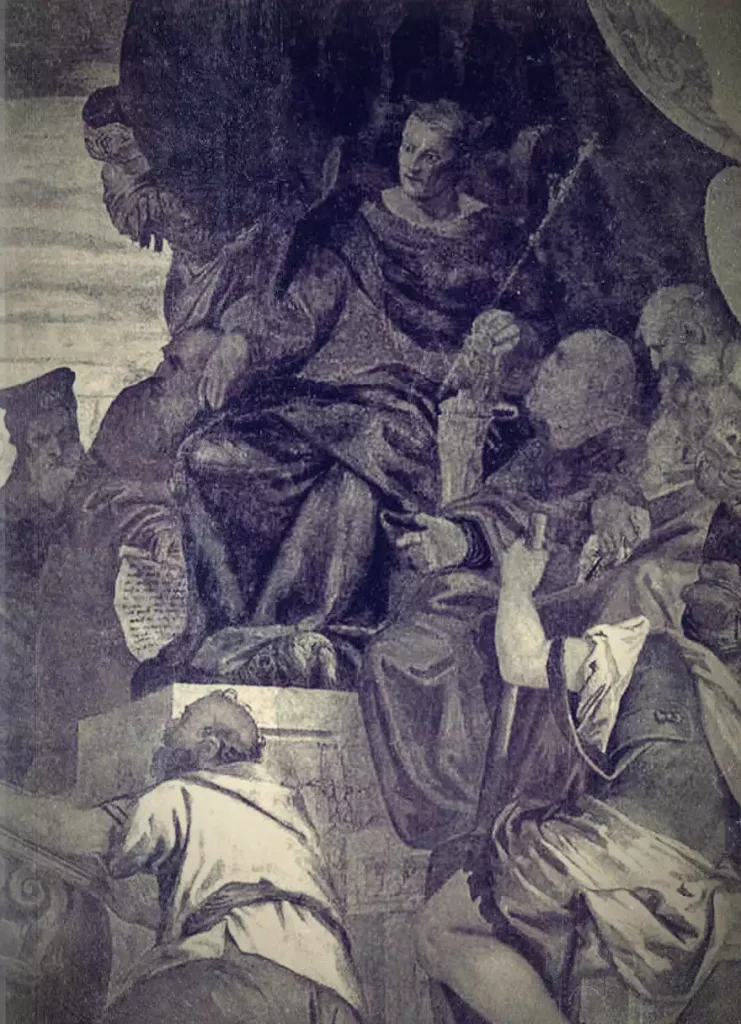
In the annals of history, 303 AD marks a significant epoch, characterised by Emperor Diocletian’s directive leading to the Great Persecution. This period witnessed an unparalleled crackdown on Christian communities, resulting in the demolition of churches and the incineration of sacred Scriptures. The Dawn of Persecution The year 303 AD heralded a tumultuous phase for […]
070 AD Destruction of the Jewish Temple in Jerusalem
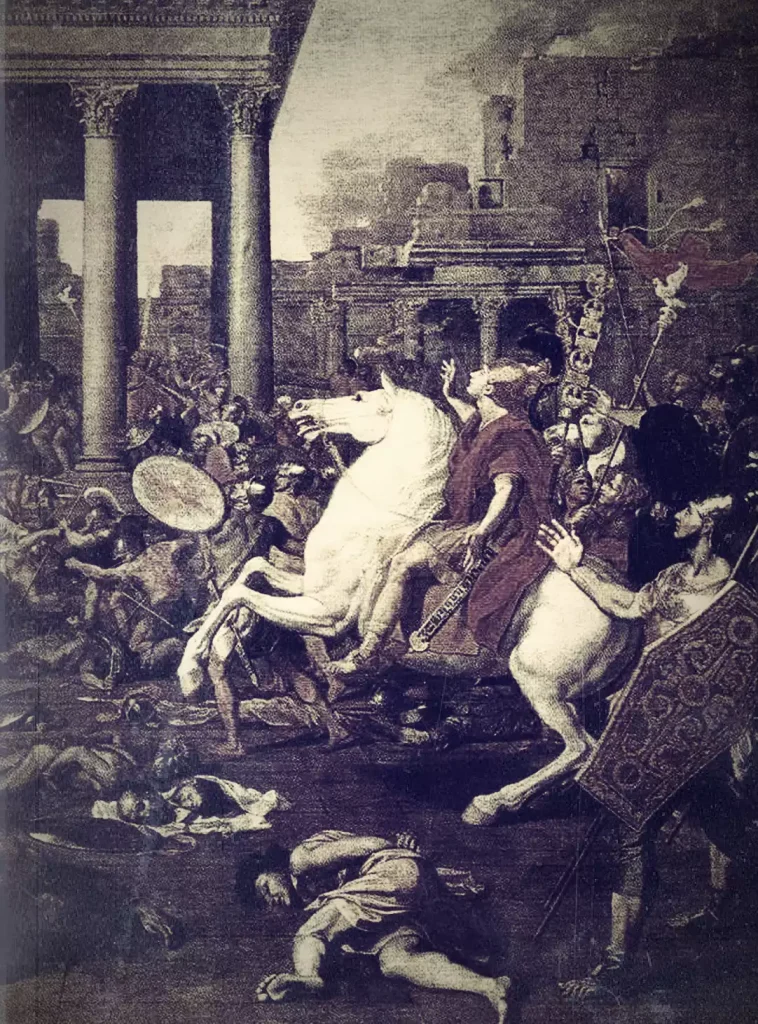
In the year 70 AD, a defining moment in ancient history unfolded with the destruction of the Jewish Temple in Jerusalem. This event, more than just a physical demolition, signified profound shifts in cultural, religious, and historical landscapes, deeply influencing Judeo-Christian heritage. The Siege and Destruction The siege of Jerusalem by the Roman forces, culminating […]
893 AD Council of Constantinople resolves Photian Schism
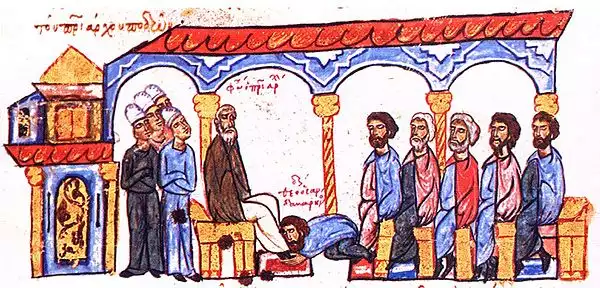
The year 893 AD marked a pivotal moment in Christian history, witnessing the resolution of the Photian Schism, a decades-long rift between the Eastern and Western branches of the Church. This schism, centered around the controversial figure of Photios, threatened to fracture Christian unity and had simmered for over a decade. However, the Council of […]
451 AD 4th Ecumenical Council of Chalcedon
In the annals of Christian history, few events hold the same weight and consequence as the 4th Ecumenical Council of Chalcedon, convened in 451 AD. Held amidst theological turmoil surrounding the nature of Jesus Christ, the council’s pronouncements would reverberate throughout the centuries, shaping Christian belief and practice for generations to come. Christological Contention The […]
284 AD Diocletian divides Roman Empire into Eastern and Western halves | Division of the Roman Empire
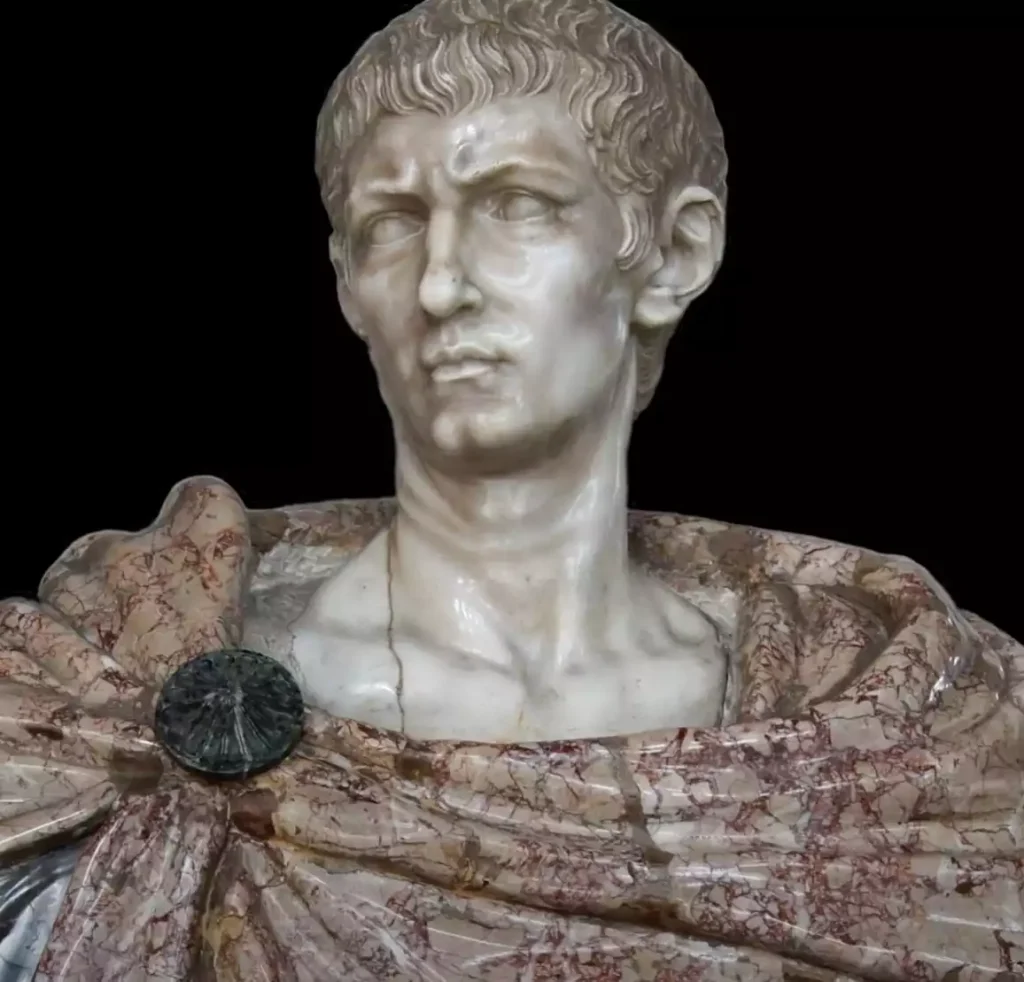
In 284 AD, the Roman Empire witnessed a pivotal transformation under Emperor Diocletian, marking a significant juncture in its history. This period, characterized by the division of the Empire into Eastern and Western halves, heralded a new administrative structure that profoundly influenced the course of Roman governance and legacy. This article delves into the intricacies […]
431 AD Third Ecumenical Council of Ephesus
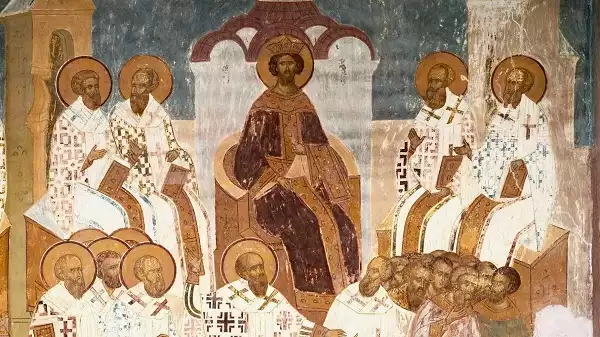
Condemnation of Nestorianism and Affirmation of Mary as Theotokos In 431 AD, a pivotal event in Christian history occurred: the Third Ecumenical Council of Ephesus. This Council, a significant gathering of Christian bishops, was convened to address the growing controversy surrounding Nestorianism, a doctrine named after Nestorius, then Patriarch of Constantinople. Central to the Council’s […]
858 AD Saints Cyril and Methodius commissioned to evangelize the Slavs
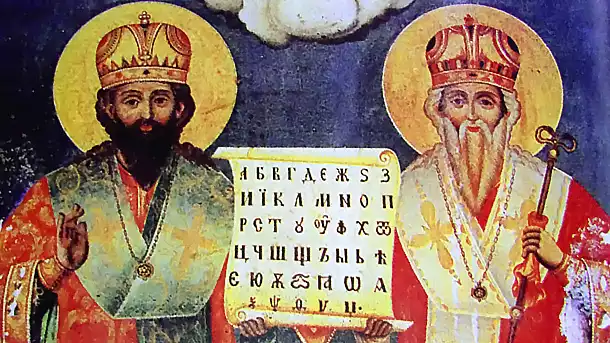
Introduction In 858 AD, two remarkable figures, Saint Cyril (827-869) and Saint Methodius (815-885), were commissioned by the Byzantine Empire to evangelize the Slavic peoples. These Byzantine brothers, celebrated for their profound impact on the Christianization and cultural development of the Slavic world, embarked on a mission that would have enduring significance. Their journeys not […]
250 AD Persecution under Emperor Decius
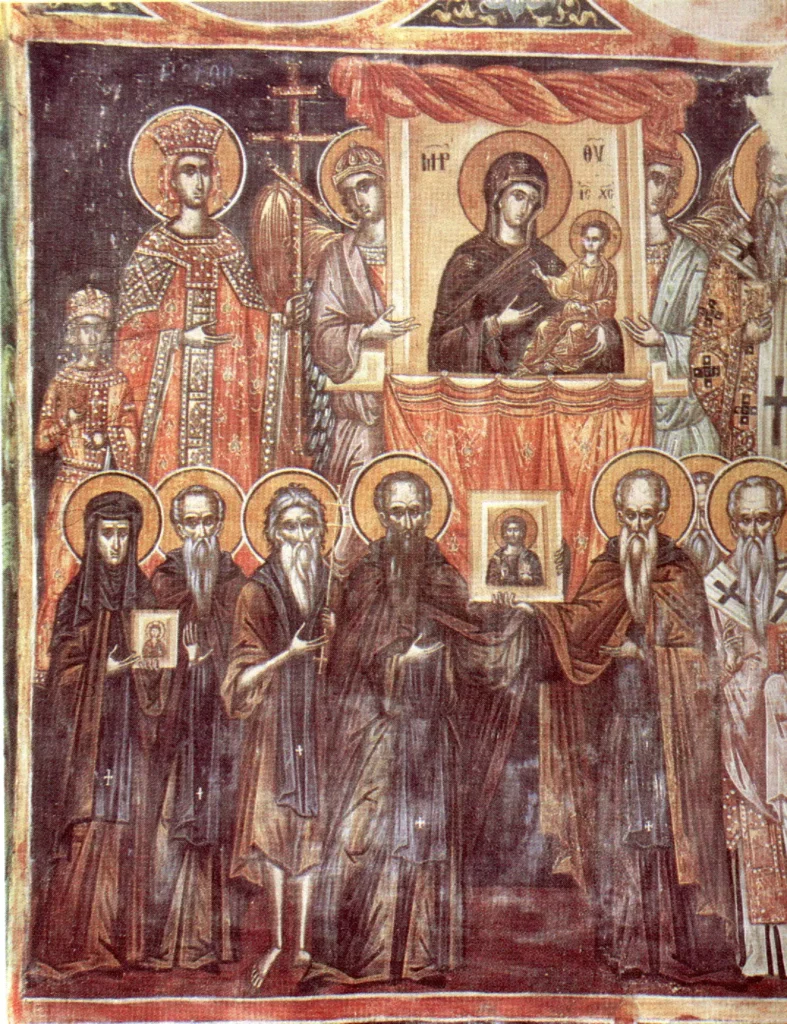
In the turbulent milieu of 250 AD, the Roman Empire witnessed an unprecedented religious upheaval under Emperor Decius. His edicts instigated a severe persecution of Christians, a pivotal moment in the early Church’s history. Decius, born circa 201 AD and deceased in 251 AD, aimed to restore traditional Roman values and religious practices, inadvertently […]
590 AD Pope Gregory the Great establishes the Gregorian Calendar
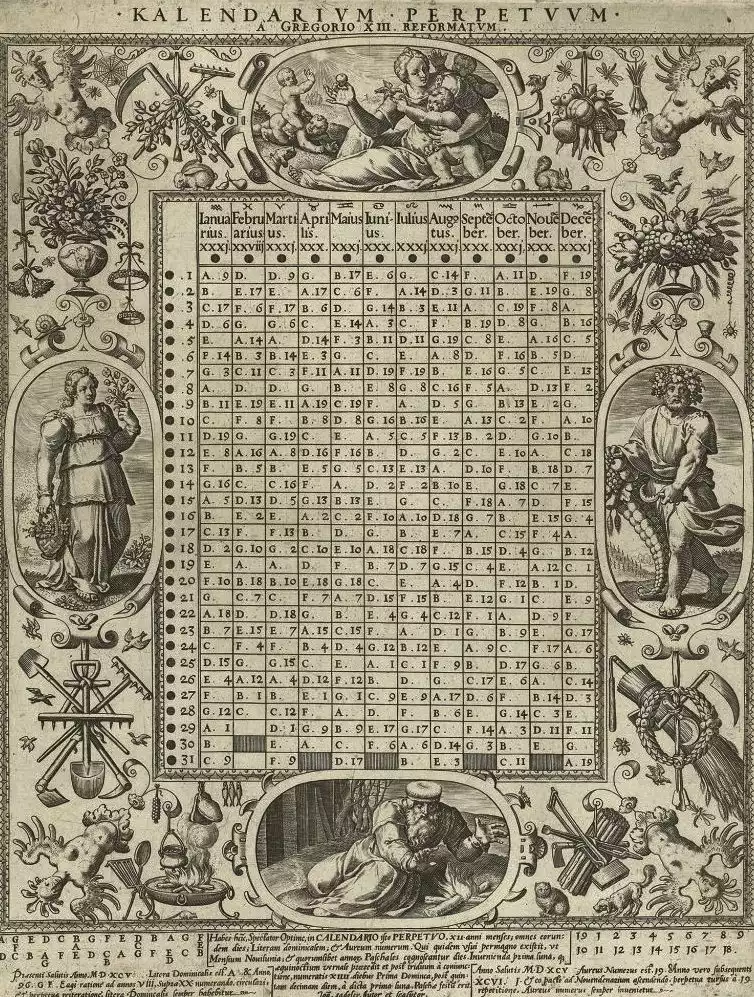
Pope Gregory the Great, born around 540 AD and passing in 604 AD, remains a towering figure in the history of the Christian Church. Renowned for his theological and administrative acumen, he significantly influenced the religious and cultural landscape of medieval Europe. His most enduring legacy, however, may be the establishment of the Gregorian Calendar […]
